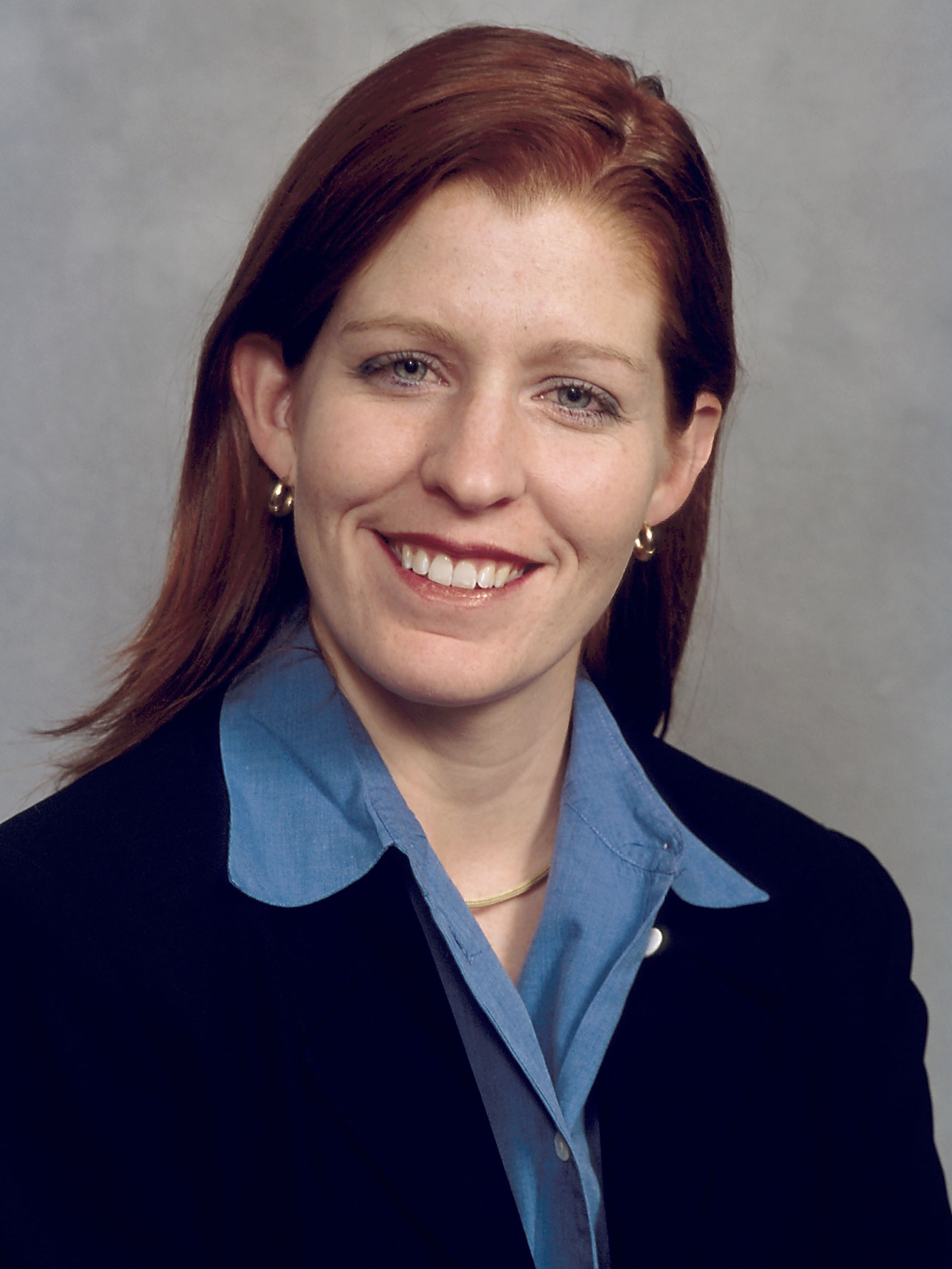The humanitarian tragedies unfolding around the world have left many wondering what they can do to help. The Georgia Tech Health & Humanitarian Logistics Center uses science to improve areas of humanitarian need. Julie Swann, co-director of the center and associate professor in the H. Milton Stewart School of Industrial & Systems Engineering, offers advice to those who want to help struggling areas.
It is heartbreaking to watch those battling Ebola in Africa, and people struggling in conflict areas including Iraq and Ukraine. For those of you driven to help, there is one important issue to keep in mind: SWEDOW. It stands for Stuff We Don't Want.
Our first instincts may be to look around the house for things to donate or set up community collection efforts. While well meaning, items not requested by individuals or organizations on the ground can clog up the already limited supply chain and cause more harm than good.
Even items such as vaccines and medical supplies, which can be extremely helpful, can result in negative impact if they are not sent when they are needed and to those who need them.
It is important to understand why the disease of Ebola has been particularly devastating in this epidemic. One great contributor is the existing infrastructure in the countries where the disease outbreak began. They are among the countries with the lowest gross domestic product worldwide, and with the lowest spending on healthcare globally.
For most of us, it would be ineffectual to try to respond to this rapidly spreading outbreak. However, we can commit to continued investment in lifting individuals and nations out of poverty, and ensuring that sufficient resources are available to provide basic services to populations.
If countries had a sufficient number of health care personnel and a sufficient number of medical supplies such as gloves, then this outbreak could have been stopped far earlier.
Find an organization that has boots on the ground in any of the locales related to the crises, and direct your resources to that organization.
Ask yourself not only how you can help in this crisis, but also how you can help prevent future crises of this nature.
This article first appeared in the GT Amplifier.
